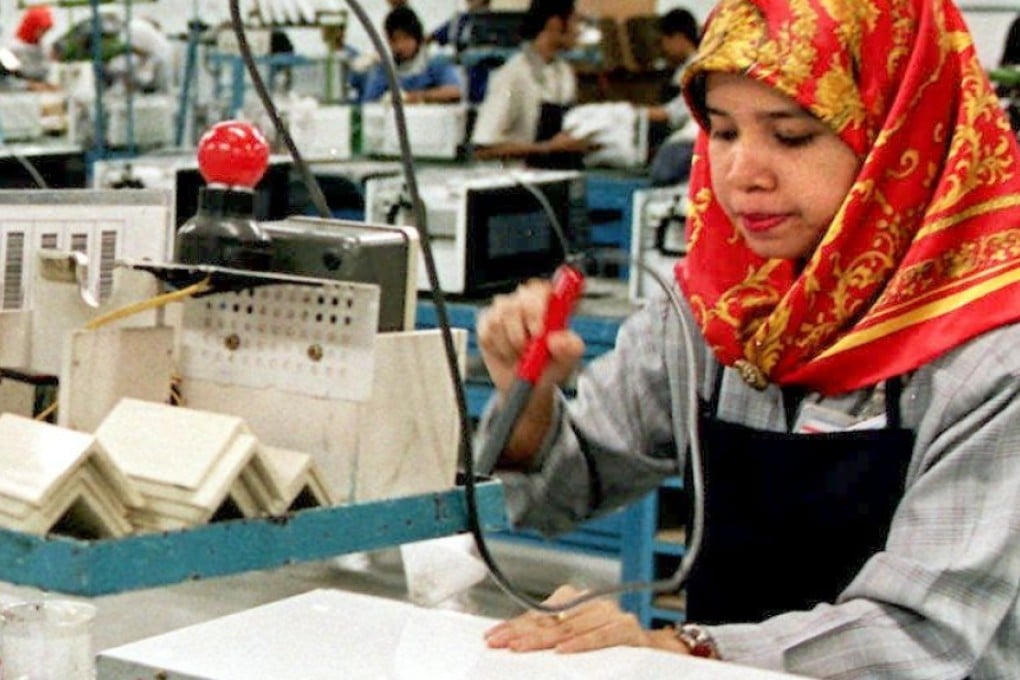Diverse range of sectors still growing
Malaysia's GDP is in excess of US$750 billion, and the country has turned itself into a centre of Islamic banking, taking pride of place as the country with the highest numbers of female workers in that industry.

Malaysia's GDP is in excess of US$750 billion, and the country has turned itself into a centre of Islamic banking, taking pride of place as the country with the highest numbers of female workers in that industry.
Knowledge-based services are also expanding, while, in order to build up a sturdy defensive ability and support national development, Malaysia privatised some of its military facilities. This created a home-grown defence industry, which in 1999 was brought under the Malaysia Defence Industry Council. The government continues to promote this sector and actively markets the defence industry in Asia and around the world.
At a tangent to being one of the world's largest exporters of semiconductor devices, electrical devices, and IT and communication products, Malaysia began developing a space programme in 2002 and, in 2007, Russia transported a Malaysian national - orthopaedic surgeon Sheikh Muszaphar Shukor - to the International Space Station as part of the purchase of 18 Russian Sukhoi Su-30MKM fighter jets by the Royal Malaysian Air Force.
To diversify the economy and make it less dependent on exported goods, the government has mounted a drive to attract overseas visitors, as a result of which tourism has become Malaysia's third-largest source of foreign exchange.
A longer-term invisible export is the retirement market. Between 2013 and 2014, Malaysia was rated as one of the best retirement locations in the world, coming in third on the Global Retirement Index. This was largely due to the "Malaysia My Second Home" programme, which allows foreigners to live in the country on a long-stay visa for up to 10 years. This year, Malaysia was hailed as one of the best places in Asia to retire, as the warm climate and British colonial background make it easy for foreigners to interact with the locals.
Looking ahead, according to a HSBC report, Malaysia will become the world's 21st-largest economy by 2050, with a GDP of US$1.2 trillion. The report also stated: "As an electronic equipment, petroleum, and liquefied natural gas producer, Malaysia will see a substantial increase in income per capita. Malaysian life expectancy, the relatively high level of education, and above-average fertility rate will help in its rapid expansion."
